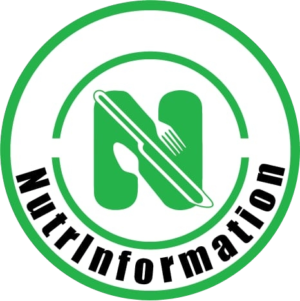Colic: Normal part of infant growth
What is colic?
Although the word colic sounds like a sickness, it is not. Colic is a period in your baby’s normal crying curve when crying is at its peak. As the baby grows, the overall amount of crying per day increases every week. Crying peaks at about 2-3 months of age then resolves itself. Colic, therefore, is a manifestation of normal development and not an indicator of sickness.
Characteristics of Colic
- Prolonged crying for no obvious reason in an otherwise healthy baby. Although the baby is well fed and dry, they still cry for three hours or more in a day
- The baby is inconsolable and does not respond to any attention given
- Crying worsens in the afternoon and evenings although the baby may cry at other times
- Baby clinches their fists, stiffens their stomach and legs, may arch their backs or pull their legs towards the stomach as if in pain while crying
Should I change my baby’s feed?
At 2-3 months of age, the baby is still exclusively breastfeeding or on infant formula. Colic occurs in both breastfed and formula-fed infants. If you are breastfeeding, continue breastfeeding the baby as regularly as possible. You should not introduce any other feed/food to your baby. Breast milk is sufficient for their nutritional needs. Infant formula-fed infants should continue with their feeds.
Managing colic
The best way to help your baby in this period is to
- Take note on time when the crying normally happens
- Ensure your is well fed and has a dry diaper before the ‘crying ’ time
- Ensure the baby has their nap at least 1 hour before ‘crying’ time so that they are rested
- When the baby starts to cry, it is advisable to avoid rocking or shaking the baby. An inconsolable infant may be stressful to the parent. The desperate shaking may cause head trauma to the infant.
- If a parent/caregiver is stressed or worn out, they should take a break from taking care of the baby.
- Remember colic is a normal part of growth. It will be gone soon.


Good information
Keep up the good work relevant information especially fats carbohydrates so on maybe advice on what foods to eat how to wean an infant
Hello Grace. Thank you for the feedback. We will respond to your questions soon.